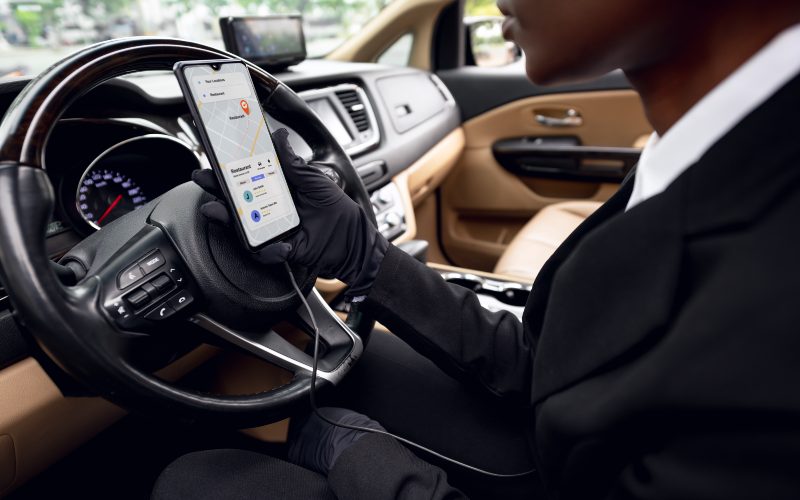Women drive Kenya’s ‘cab’ boom as safety, convenience take the lead

About 89 per cent of respondents, approximately nine in 10 people, said they opt for ride-hailing when they feel unsafe using other means, particularly when fatigued, travelling at night, or moving through unfamiliar areas.
Women are steering Kenya’s ride-hailing revolution, making up 70 per cent of users, more than twice the number of men. This is according to new data from an Ipsos study commissioned by Bolt.
Dubbed the ‘Safety Index Report’, the findings show young women, particularly aged 18 to 34, are driving the surge.
More To Read
- Cab fares to rise as government revises digital taxi rates to cushion drivers
- 10 things that make you a nightmare cab passenger in Nairobi
- Bolt unveils courier service to support Kenya's e-commerce boom
- Study finds Bolt’s top 50 drivers earn over Sh200,000 monthly
- Bolt rolls out dashboard cameras to boost driver-passenger safety, accountability
- New Bolt feature lets users book, pay rides for up to nine people
Convenience, highlighted by 70 per cent of the respondents, and safety (57 per cent) emerged as the main reasons Kenyans use ride-hailing.
These are followed by reliability and availability (44 per cent), professionalism (26 per cent), affordability (25 per cent), and vehicle comfort (25 per cent).
Revealing when exactly Kenyans turn to ride-hailing, the report says safety considerations play a major role.
About 89 per cent of respondents, approximately nine in 10 people, said they opt for ride-hailing when they feel unsafe using other means, particularly when fatigued, travelling at night, or moving through unfamiliar areas.
The report also indicates that ride-hailing platforms are playing a growing role in curbing risky behaviour such as drunk driving.
An estimated 79 per cent of respondents believe the services have contributed to reducing drunk driving incidents by providing safer, more reliable options after drinking.
“However, affordability, social dynamics, and limited awareness continue to hinder wider adoption among some groups,” the report reads.
Commenting on the findings, Senior General Manager at Bolt, Dimmy Kanyankole, said safety has always been at the core of ride-hailing.
“It transcends the mere avoidance of harm but is built on the premise of preventing incidents through the smart use of technology, data and accountability,” Kanyankole said.
Emphasising what Bolt has done over the years, he said the firm has invested in systems that allow riders to feel more in control, from real-time GPS tracking, trip safety monitoring, verified riders and drivers, to our in-app emergency response tools.
“These findings reaffirm that safety and reliability are not just expectations from users, but the foundation of trust that defines our relationship with them.”
On his part, Soyinka Witness, the Strategy Director at Ipsos Sub-Saharan Africa, said the findings reflect a significant behavioural shift in how Kenyans approach urban mobility.
“Ride-hailing is increasingly viewed as not only a convenient option but also a safer and more responsible one, especially among young women and professionals,” Soyinka said.
Other Topics To Read
“The results point to the growing role of technology in shaping public confidence in transport and fostering safer commuting habits across cities.”
The data further reinforces the critical role of integrated safety features, with nearly 97 per cent of riders affirming that these enhancements significantly elevate their sense of security.
Among the safety tools available, driver verification stands out as the most valued at 79 per cent, closely followed by the readily accessible SOS button at 78 per cent.
Top Stories Today














































